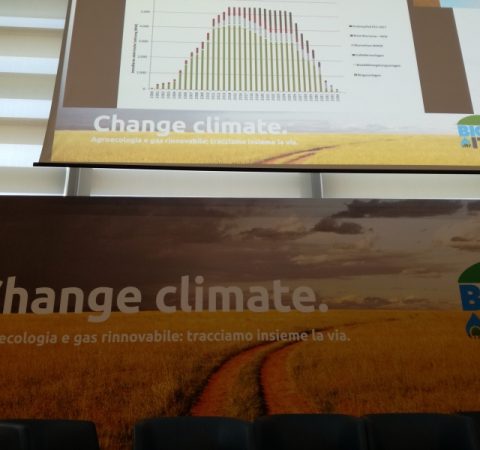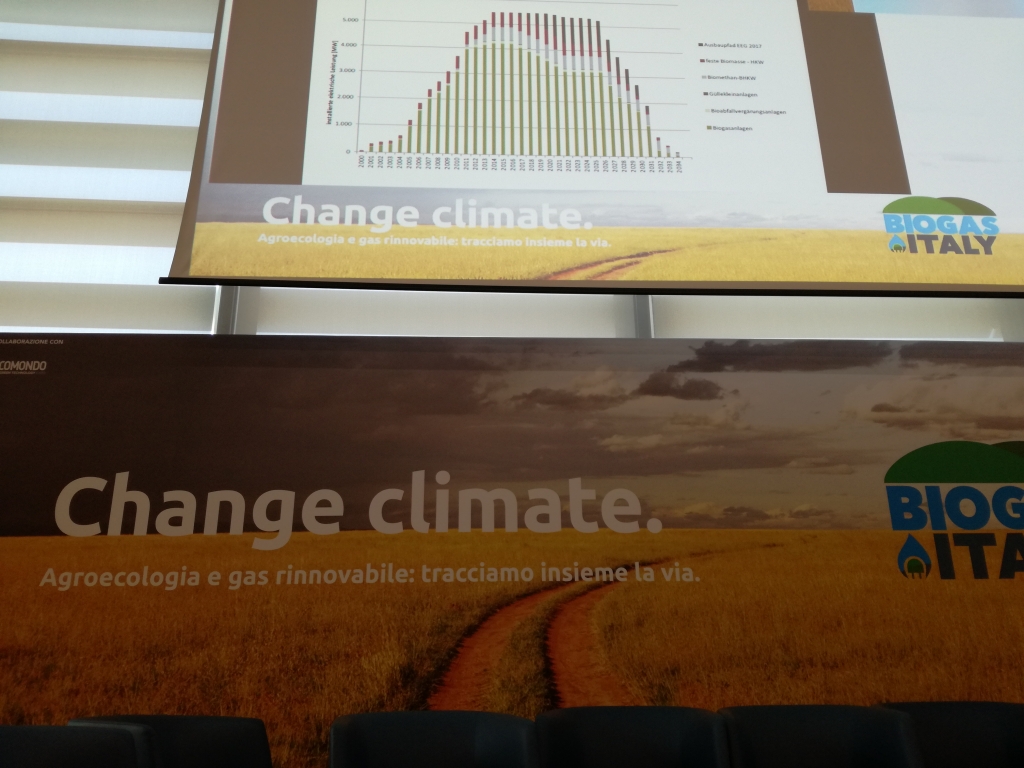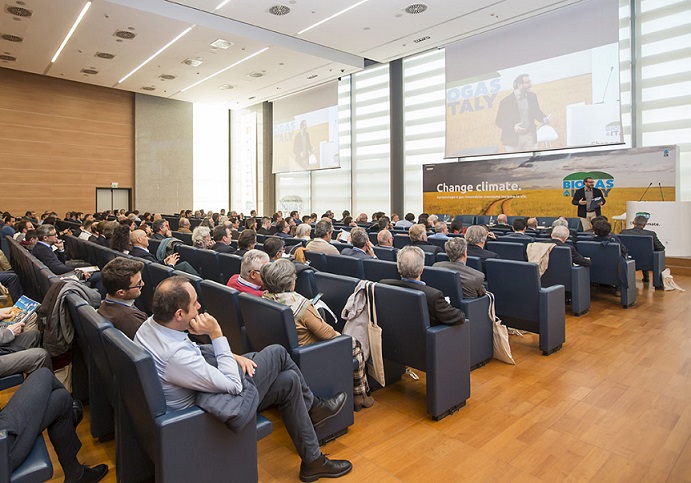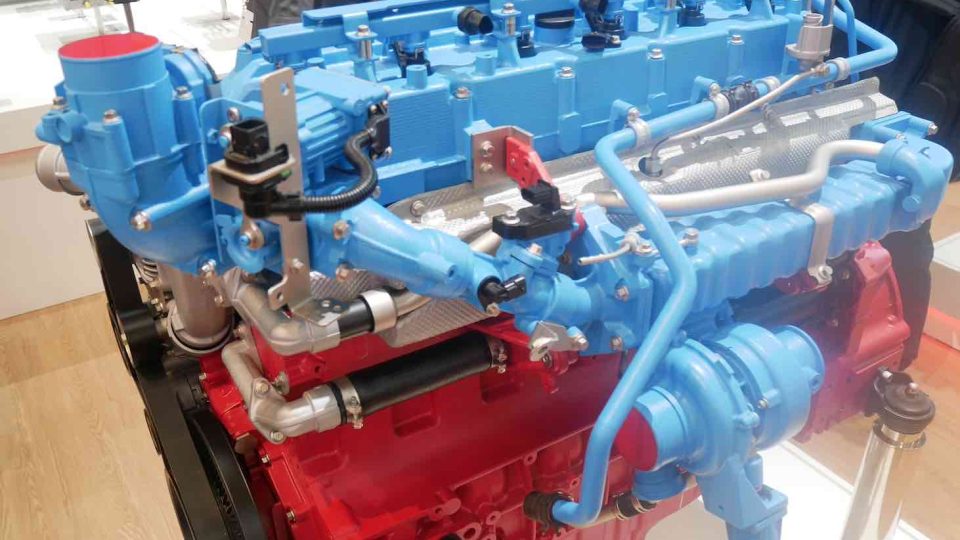Biogas Italy: a look at the probable future
Biogas: the possible future of energy and mobility Biogas Italy 2019 event took place at the end of February (February 28th – March 1st) at the BPN Auditorium in Milan. A lot of important names, both Italian and international, were present at this particular event. Many the topics covered, following in particular two reference areas: […]

Biogas: the possible future of energy and mobility
Biogas Italy 2019 event took place at the end of February (February 28th – March 1st) at the BPN Auditorium in Milan. A lot of important names, both Italian and international, were present at this particular event. Many the topics covered, following in particular two reference areas: the future of sustainable energy and mobility.

Let’s start from energy
This topic was addressed from different points of view. We saw, in fact, many particular and also self explanatory titles during the presentations: “The future of energy: Gas for Climate”, “Prospectives and policies for the energetic system of the future”, “Biogas: the German model and future prospectives”, “The energetic communities”.
In particular, summarizing the words of both Italian and international presenters, it has emerged clearly that the global climate crisis is becoming increasingly intimidating and that the idea is to go more and more towards a zero-emissions target. For the moment, the due date is 2050. What is necessary, according to the experts, is to create a substantial and conscious change through suitable development policies. A process that, for the moment, seems to be ongoing, but at a pace that is still too slow.
There has obviously been a discussion about transition to electricity as a possibility for development, but it is still a very controversial topic. In fact, the issue of emissions would only risk to switch from one place to another. The electricity needed to feed a planet must be produced in some way and production methods are not always all so eco-friendly.
The Germans are certainly already in favor of sustainable development. The goal for Germany is to be able to have 65% renewable energy by 2030. In fact, the country already has a transport sector that is 90% covered by bioenergy.
Let’s procede towards mobility
Regarding the connection between biogas and mobility, there were also in this case different points of view, on both land and sea mobility. We saw titles such as: “Sustainable logistics”, “Fleet management”, “A concrete answer for sustainable transportation”, “Transport solution to guide the change towards sustainable mobility”, “The ways of the sea: the naval solution for transport”, “Biomethane for naval purposes”.
Starting from the marine sector, right now the volumes of biogas in the industry are still low. Yet, the experts are confident in the fact that the presence of gas for naval purposes is going to rapidly increase to meet the due date already mentioned before: 2050. There are no discounts for sea transportation and so the sector will really need to implement this transition. Some important predictions emerged during the speeches: in the next ten years biomethane will become an integral part of all maritime and heavy road transport.
Looking at land mobility, a common goal emerged from the speeches of names such as Ikea, Barilla and Lidl. They are all aiming towards a consistent reduction of CO2 emissions for their fleets. A project that is already in progress thanks to the increasing adoption of Euro 6 diesel heavy vehicles, which on long distances contribute to a drastic reduction of emissions. The next step seems to be, and it is not a surprise, natural gas. In particular, Lidl is already relying on a fleet of 15 Iveco Stralis LNG.
The point of view of Iveco and Scania
Iveco and Scania were indeed present to discuss their prospectives on the development of heavy vehicles mobility. Fabrizio Buffa, Gas Business Development Manager at Iveco, underlined how LNG will have a key strategic role in the near future of mobility. In particular, he clearly presented the idea that «all the kinds of work that are currently done with a diesel vehicle can be done with a gas one». This is why Iveco is already on the market with a full line of LNG vehicles that aim to replace the diesel, while also maintaining less noises and emissions.

Scania, through the voice of Ernesto Rossi, Sustainable Solutions Manager at Italscania, presented a similar idea, but more focused also on interconnection. The Swedish company is focusing on the creation of sustainable vehicles not only from the point of view of emissions, but also by creating a more and more interconnected network for better fleet management and also new cabins and kinematic chains that aim to significantly reduce consumption and costs. Scania is also ready to offer gas engines with outputs of 206, 250 and 302 kW, with the clear idea of “stealing the job” from diesel engines. Right now, only time will tell if this strategy is going to be the right one for the imminent future…









